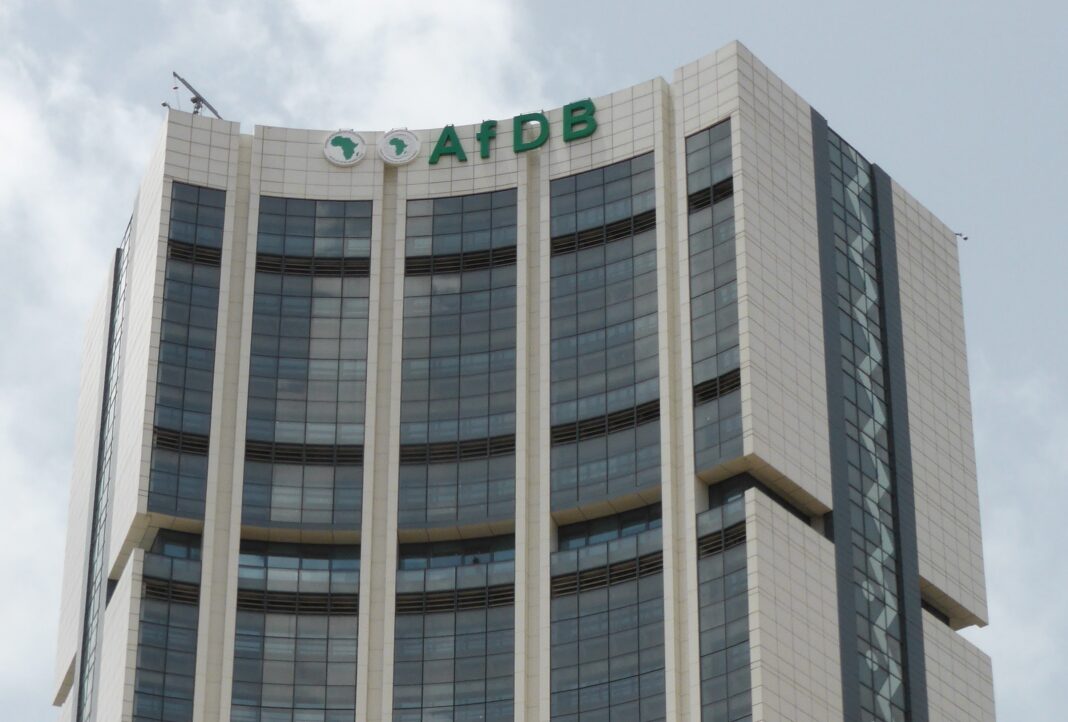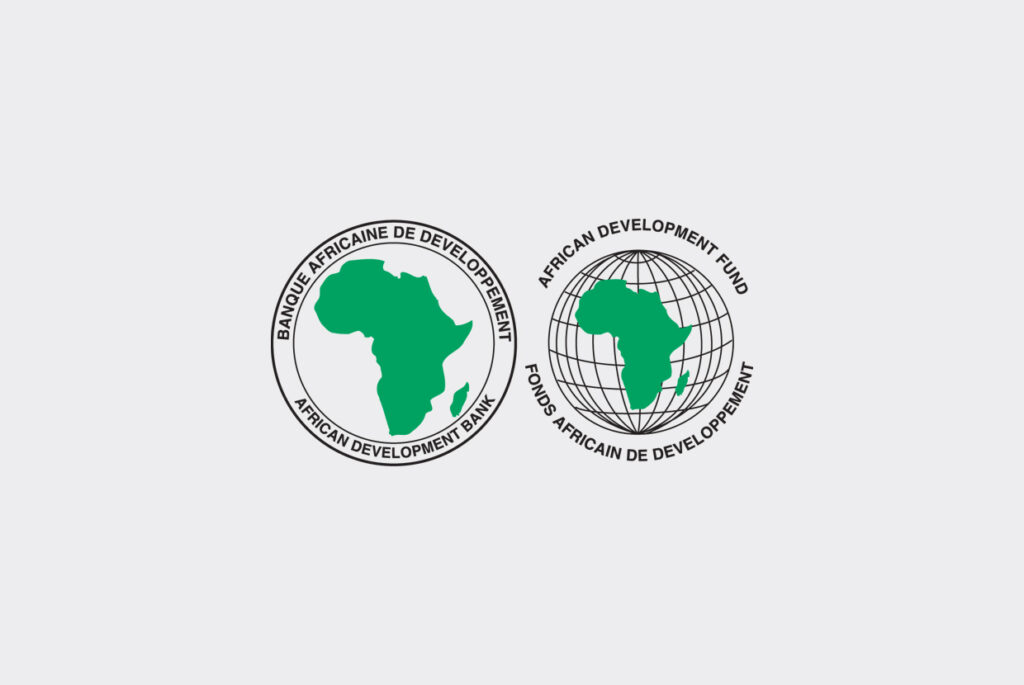The concentration of rulemaking and rule-interpreting powers in Eswatini has significant implications for the nation’s economic growth.
The African Development Bank (AfDB) country focus report notes that rulemaking affects the investment climate and the management of various forms of capital. According to the report, this centralisation is often associated with state capture, undermines the rule of law, and affects both financial and human capital development.
This invariably impacts economic growth and investment.
The dominance of State-Owned Enterprises (SOEs) in Eswatini’s economy has been identified as a major barrier to private sector development. SOEs often receive substantial public funding, reducing resources available for private investment.
Over the five years leading to 2023, government subventions to SOEs—including subsidies and equity—covered approximately 3.5% of GDP, while returns in the form of dividends and taxes amounted to close to 1% of GDP, resulting in a net fiscal drain of 2.5% of GDP.
This situation hampers the growth of private enterprises and limits job creation, particularly for the youth.
“Reforming SOEs to improve efficiency and reduce public funding reliance could stimulate private sector growth and enhance economic performance,” the report states.
High perceived levels of corruption and an uneven playing field further discourage investors. Opaque regulatory processes and the dominance of insiders with preferential access to opportunities limit competition and innovation—essential drivers of economic growth.
The report highlights that Eswatini’s financial sector has become shallower over time, with declines in private sector lending, money supply, and bank deposits as percentages of GDP. This indicates reduced capacity to mobilise domestic savings for investment, constraining economic development.
Strengthening financial institutions and broadening access to financial services are crucial to reverse this trend and effectively utilise financial capital.
The dominance of SOEs and governance challenges also lead to inefficiencies in public service delivery, particularly in education and healthcare, hampering human capital development. Investments in these sectors are vital for developing a skilled workforce capable of driving economic growth.
Despite some progress in the rule of law and justice between 2014 and 2023, persistently low scores highlight weak governance structures marked by limited judicial independence, according to the 2024 Mo Ibrahim Index of African Governance and the 2024 Bertelsmann Stiftung Transformation Index.
“Addressing these areas requires comprehensive policy reforms and a commitment to transparent governance to ensure that rulemaking and interpretation serve the public interest, fostering an environment conducive to economic growth and equitable capital distribution,” the report concludes.









